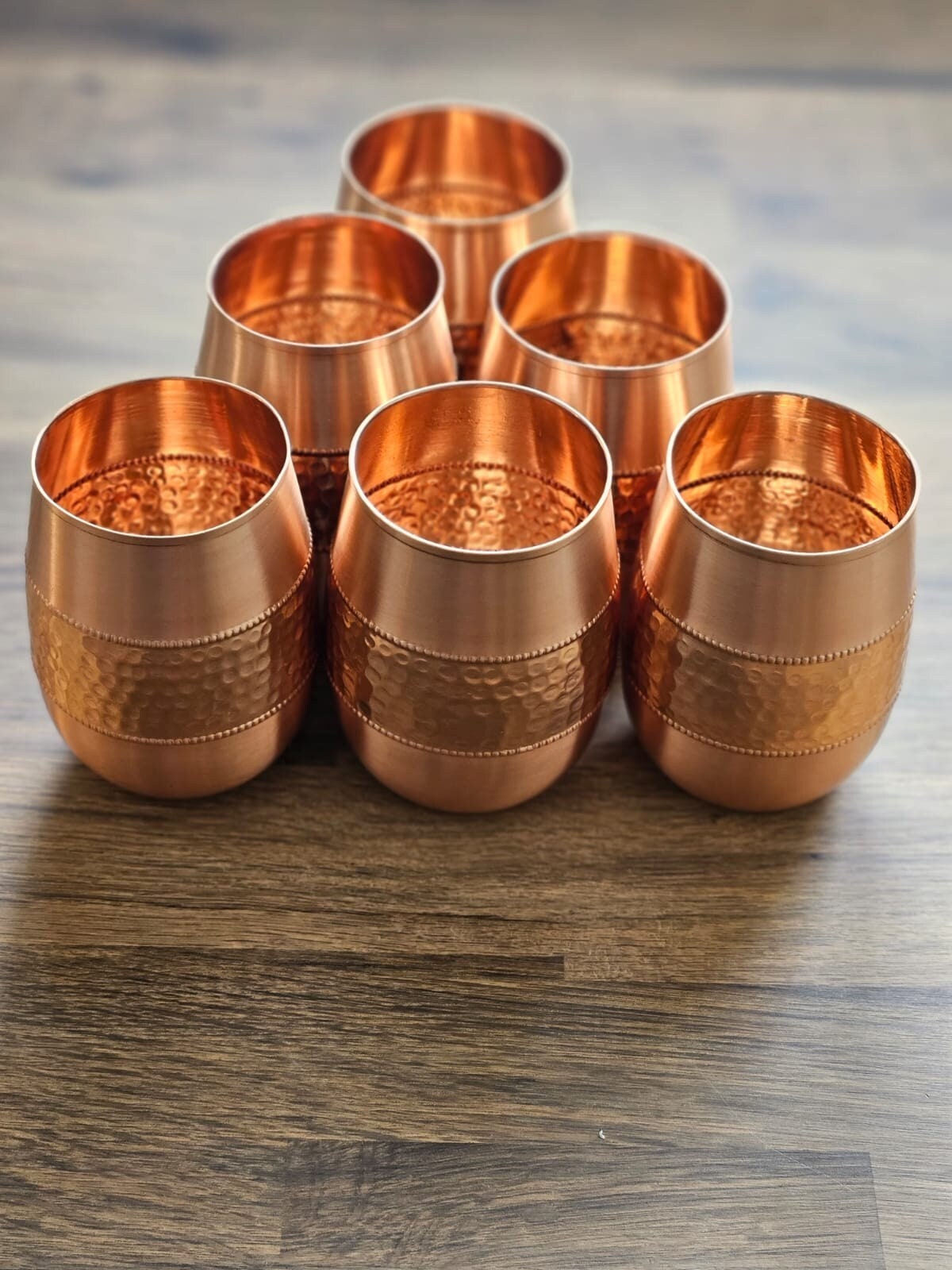Explore the Conveniences of Using Top Quality Copper Products for Home and Industry
Explore the Conveniences of Using Top Quality Copper Products for Home and Industry
Blog Article
Discovering the Diverse Applications of Copper Products in Modern Industries
Copper items have developed themselves as crucial parts throughout a myriad of modern-day sectors, largely as a result of their exceptional conductivity, malleability, and resistance to rust. From improving the efficiency of electrical systems to playing an important duty in renewable resource innovations, the versatility of copper appears. Moreover, its recyclability placements it as a lasting option in manufacturing and electronic devices. As industries increasingly prioritize development and sustainability, the varied applications of copper call for a closer examination, specifically regarding their potential effect on future ecological techniques and technological innovations.
Electric Applications of Copper
Copper is an important product in the electric sector, accounting for approximately 60% of the total demand for non-ferrous metals around the world - Copper Products. Its superior electric conductivity, which is virtually twice that of aluminum, makes it the preferred option for a wide variety of electric applications. From circuitry systems in commercial and domestic structures to high-voltage power transmission lines, copper makes certain effectiveness and integrity in electrical power shipment
Along with wiring, copper is essential to the manufacturing of electrical components such as generators, motors, and transformers. These parts take advantage of copper's thermal conductivity and malleability, necessary for warmth dissipation and reliable performance. Copper's resistance to rust boosts the lifespan and durability of electric systems, making it a cost-efficient service in the long term.
The growth of renewable resource sources, such as solar and wind power, has actually better boosted the need for copper in electric applications. As markets shift in the direction of lasting power options, copper's function comes to be much more important. On the whole, the versatility and performance features of copper strengthen its standing as a cornerstone product within the electrical market, driving innovation and effectiveness throughout numerous applications.
Pipes and Piping Solutions
In modern plumbing systems, the choice of materials significantly affects both performance and longevity. Copper has arised as a preferred choice due to its unique homes, consisting of deterioration resistance and antimicrobial qualities. These qualities guarantee that copper piping remains long lasting and secure for transporting drinkable water, a crucial consideration in property and business applications.
Among the crucial advantages of copper in plumbing is its capability to stand up to high temperature levels and stress, making it ideal for a range of applications, from warm water systems to home heating and cooling down networks. In addition, copper's flexibility permits less complicated installment in intricate piping formats, reducing the risk of failings and leakages.
One more noteworthy benefit is copper's long life-span, usually going beyond half a century with correct upkeep. This long life not only minimizes substitute prices yet also adds to sustainable practices by reducing waste. Copper's recyclability lines up with contemporary environmental criteria, advertising a circular economic climate within the pipes industry.
Copper in Renewable Energy
The versatility of copper expands past pipes applications, playing a crucial Our site function in the renewable power market. Its excellent electrical and thermal conductivity makes it an essential product in the production and circulation of eco-friendly energy sources, specifically solar and wind power. In solar panels, copper is utilized in solar cells and wiring, helping with effective power conversion and transmission. Its resistance to rust ensures durable performance, which is vital for making the most of power output gradually.

Additionally, as the worldwide need for electric lorries (EVs) rises, copper's duty in battery systems and billing framework ends up being also extra considerable. The material's ability to conduct electrical energy effectively is important to the efficiency of EV batteries, boosting array and charging speed.
Copper's Role in Electronic devices
Electronic devices making depends heavily on copper's outstanding buildings, specifically its click here now high electric conductivity and thermal efficiency. These characteristics make copper an ideal selection for a wide variety of digital parts, including adapters, circuit card, and wiring. The steel's capability to effectively transfer electrical signals makes certain very little energy loss, which is critical in high-performance digital devices.
Furthermore, copper's thermal conductivity plays a significant duty in heat dissipation, shielding sensitive components from overheating. This is specifically crucial in modern electronic devices, where compact styles lead to increased warmth generation. Copper is likewise preferred for its malleability and ductility, permitting it to be quickly formed into elaborate layouts that meet the needs of innovative digital applications.
With the rise of customer electronics, telecommunications, and electric automobiles, the need for copper in the electronic devices sector proceeds to expand. Hence, copper remains a foundation product in the ever-expanding field of electronic devices.
Cutting-edge Makes Use Of in Manufacturing

One remarkable application is in additive manufacturing, where copper-based products are employed in 3D printing procedures. This enables the creation of complex geometries and light-weight components, especially in the aerospace and vehicle markets. Additionally, copper's thermal conductivity makes it an excellent option for warmth exchangers, enhancing performance in industrial cooling systems.
In addition, the rise of wise production has actually seen the consolidation of copper in IoT devices, where its conductive capabilities sustain sophisticated picking up technologies. In the realm of eco-friendly power, copper is crucial in the manufacturing of photovoltaic panels and wind turbines, assisting in more effective power conversion and circulation.
As sectors pursue sustainability and advancement, copper's versatility and performance remain to place it as an essential product, driving developments in manufacturing and contributing to the advancement of smarter, extra reliable products.
Final Thought
The integral duty of copper in eco-friendly power and its necessary feature in electronics highlight its value in advancing sustainable practices. Jointly, these applications show copper's important payment to technical progression and commercial effectiveness in contemporary culture.
From boosting the efficiency of electrical systems to playing an essential role in eco-friendly power innovations, the versatility of copper is noticeable. As markets significantly prioritize innovation and sustainability, the varied applications of copper require a closer examination, specifically regarding their possible influence on future technological advancements and ecological practices.
The growth of renewable power sources, such as solar and wind power, has actually further enhanced the need for copper in electrical applications. Overall, the website link adaptability and performance features of copper solidify its condition as a cornerstone product within the electrical industry, driving innovation and effectiveness throughout various applications.
The convenience of copper extends beyond pipes applications, playing a crucial role in the sustainable power industry.
Report this page